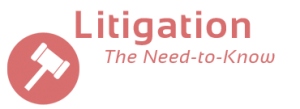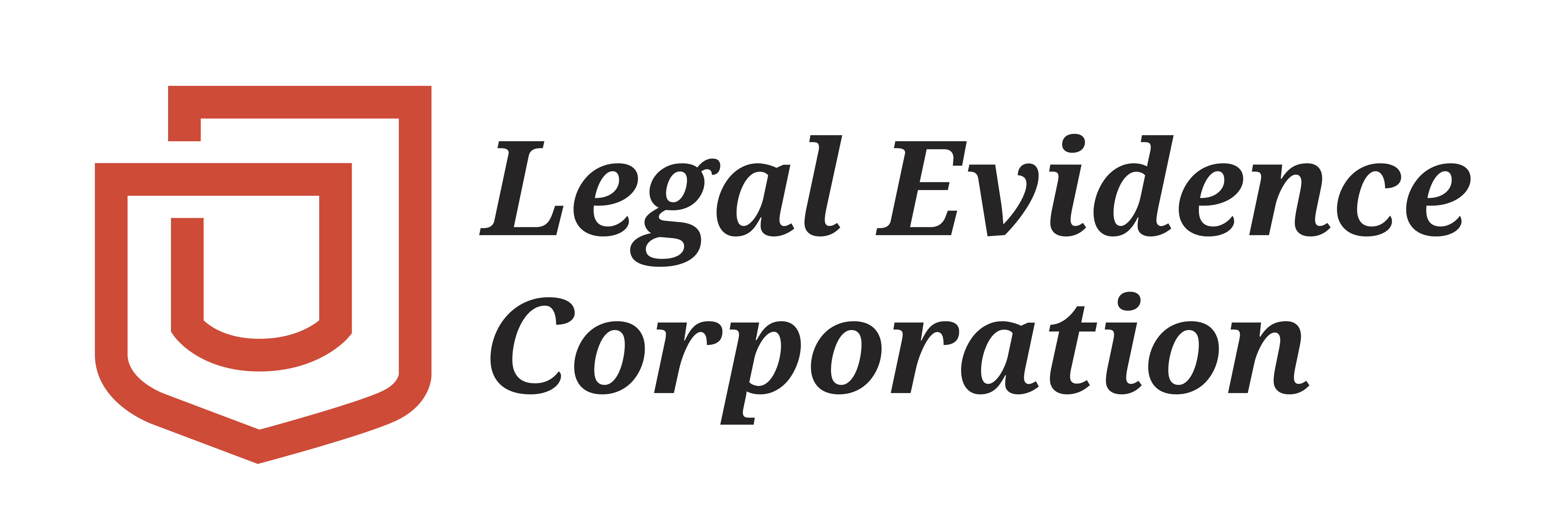 Legal Evidence Corp The field of Digital Forensics, responsible for developing technology and techniques to identify, extract, classify, and preserve electronically stored information has grown dramatically, and only a handful of firms are qualified to meet the court’s mandates.
Legal Evidence Corp The field of Digital Forensics, responsible for developing technology and techniques to identify, extract, classify, and preserve electronically stored information has grown dramatically, and only a handful of firms are qualified to meet the court’s mandates. Is my Employee stealing confidential company information?
In simpler times, a devious employee would have to devote countless hours and energy into stealing pertinent information from their Company. In the current technologically driven age where nearly all Company files (financial statements, trade secrets) are stored electronically, one can never be absolutely certain if employees are secretly stealing company information. Electronic documents are easy to copy and are naturally more prone to theft than old fashioned hard-copy documents. In prior posts we discussed the importance of limiting access to confidential Company information by creating passwords and other various precautionary measures, which is certainly a good starting point.
However, consider just one scenario where technology affords an employee the opportunity to take data electronically from a company by utilizing a USB device. The device can be slipped into a computer stealthily, can hold vast amounts of data, and does not require an intricate operation to undertake. This is merely one example but it demonstrates not only the ease with which electronic documents can be stolen, but also the quantity that can be taken in a brief time span.
The myriad of reasons an employee may be motivated to take confidential company information can range anywhere from the employee doing so inadvertently to an employee intending to derive personal gain by exploiting a trade secret. Whatever the reason may be, it has become evident that every company should implement internal policies to protect themselves not only after a data theft has occurred but also by taking preventive measures. Legal Evidence Corporation has experience implementing policies and technology necessary to protect Company data.
E-discovery: Potential litigation looming, Now what?
In previous posts we briefly delved into the requirement to preserve and/or produce electronic information for electronic discovery, and the forewarning that the failure to do so can have dire consequences in the form of facing monetary fines from the Court overseeing the matter. This post aims to provide more in depth information regarding spoliation laws so that lawyers and clients do not fail to preserve a litigation hold which may bring sanctions that may entail substantial fines.
Courts may issue sanctions when spoliation (destruction of evidence) appears to be inadvertent, without any malicious intent, or without knowledge of e-Discovery laws. Very early into their burgeoning legal careers is when law students may be introduced to the Latin concept of “Ignorantia juris non excusat” which roughly translates to ignorance of the law excuses not. This legal principle generally holds that when an individual violates a law they were unaware of, they may not escape liability merely because he or she was unaware of its content. Although it is typically applied to criminal statutes, it has some relevance here.
Under the rules of civil procedure, courts have broad discretion to impose a variety of sanctions against a party that fails to produce evidence in violation of the civil rules. The limitation to this is that the discovery rules apply only to acts of spoliation that occur during the pendency of a lawsuit or following a court order. Courts also rely upon their inherent power to control the administration of justice to sanction pre-litigation spoliation. This authority allows courts to preserve their independence and integrity, since the destruction of evidence inhibits a court’s ability to hear evidence and accurately determine the facts.




